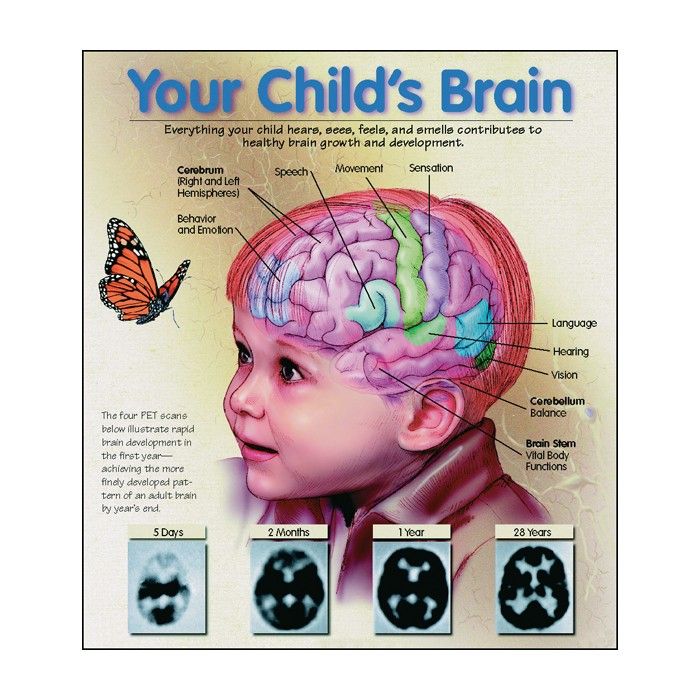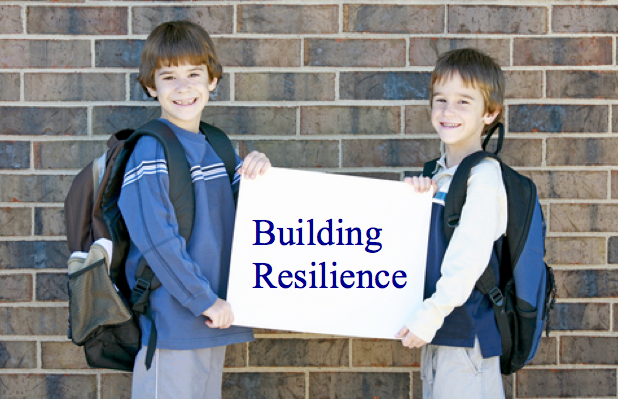How parents take care of their child
Top 10 Good Parenting Tips
What makes a good parent | How to be a good parent – Top 10 tips
Parenting is not easy. Good parenting is hard work.
What makes a good parent?
A good parent is someone who strives to make decisions in the best interest of the child.
What makes a great parent isn’t only defined by the parent’s action, but also their intention.
A good parent doesn’t have to be perfect. No one is perfect. No child is perfect either … keeping this in mind is important when we set our expectations.
Successful parenting is not about achieving perfection. But it doesn’t mean that we shouldn’t work towards that goal. Set high standards for ourselves first and then our children second. We serve as important role models for them.
Top 10 Parenting Tips
Here are 10 good parenting tips on how to be a better parent, learn good parenting skills and avoid bad parenting.
Many of them are not quick or easy.
And probably no one can do all of them all of the time.
But if you can keep working on the tips in this parenting guide, even though you may only do part of these some of the time, you will still be moving in the right direction.
#1 Be A Good Role Model
Walk the walk. Don’t just tell your child what you want them to do.
The best way to teach is to show them.
Human is a special species in part because we can learn by imitation1. We are programmed to copy others’ actions, understand them, and incorporate them into our own. Children, in particular, watch everything their parents do very carefully.
So, be the person you want your child to be — respect your child, show them positive behavior and attitude, have empathy towards your child’s emotion — and your child will follow suit.
#2: Love Them And Show Them Through Action
Show your love.
There is no such thing as loving your child too much. Loving them cannot spoil them2.
Only what you choose to do (or give) in the name of love can — things like a material indulgence, leniency, low expectation, and over-protection. When these things are given in place of real love, that’s when you’ll have a spoiled child.
Loving your child can be as simple as giving them hugs, spending quality time with them, having family meals together, and listening to your child’s problem seriously.
Showing these acts of love can trigger the release of feel-good hormones such as oxytocin. These neurochemicals can bring us a deep sense of calm, emotional warmth, and contentment, from these the child, will develop resilience and not to mention a closer relationship with you3.
For more help on calming tantrums, check out this step-by-step guide
#3: Practice Kind And Firm Positive Parenting
Babies are born with around 100 billion brain cells (neurons) with relatively few connections. These connections create our thoughts, drive our actions, shape our personalities and basically determine who we are.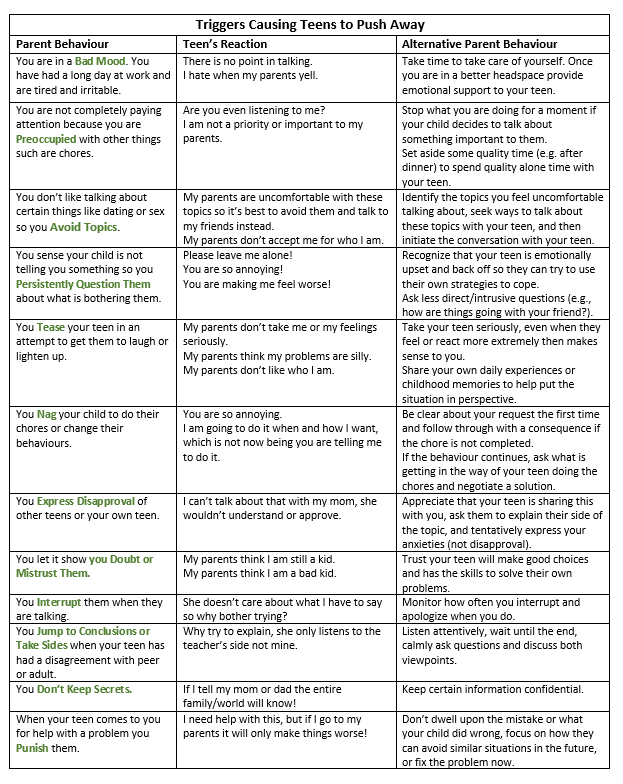 They are created, strengthened, and “sculpted” through experiences across our lives.
They are created, strengthened, and “sculpted” through experiences across our lives.
Give your child positive family interaction, especially in the early years. They will then have the ability to experience positive experiences themselves and offer them to others4.
But if you give your child negative experiences, they won’t have the kind of development necessary for them to thrive.
Sing that silly song. Have a tickle marathon. Go to the park. Laugh with your child. Give them positive attention. Ride through an emotional tantrum with them. Solve a problem together with a positive attitude.
Not only do these positive experiences create good neural connections in your child’s brain, but they also form the memories of you that your child carries for life.
When it comes to discipline, it seems hard to remain positive, especially when you’re dealing with behavior problems. But it is possible by using positive discipline and avoiding harsh discipline.
Being a good parent means you need to teach your child the morals of what is right and what is wrong.
Setting limits and being consistent is the golden rule to good discipline. Be kind and firm when you set rules and enforce them. Focus on the reason behind the child’s misbehavior. And make it an opportunity for them to learn for the future in a positive way, rather than to get punished for the past.
Related: How To Deal With Toddler Tantrums
#4: Be A Safe Haven For Your Child
Let your child know that you’ll always be there for them by being responsive to your child’s signals and sensitive to their needs. Support and accept your child as an individual. Be a warm and safe place for your child to explore from and return to.
Children raised by parents who are consistently responsive tend to have better emotional regulation development, social skills development, and mental health outcomes5.
#5: Talk With Your Child And Help Their Brains Integrate
Most of us already know the importance of communication. Talk to your child and also listen to them carefully. By keeping an open line of communication, you’ll have a better relationship with your child and your child will come to you when there’s a problem.
But there’s another reason for communication. You help your child integrate different parts of their brain, a critical process in a child’s development.
Integration is similar to our body in which different organs need to coordinate and work together to maintain a healthy body. When different parts of the brain are integrated, they can function harmoniously as a whole, which means fewer tantrums, more good behavior, more empathy, and better mental well-being6.
To do that, talk through troubling experiences. Ask your child to describe what happened and they felt to develop attuned communication7.
You don’t have to provide solutions. You don’t need to have all the answers to be a good parent. Just listening to them talk. Ask clarifying questions using simple words will help them make sense of their experiences and integrate their memories.
You don’t need to have all the answers to be a good parent. Just listening to them talk. Ask clarifying questions using simple words will help them make sense of their experiences and integrate their memories.
#6: Reflect On Your Own Childhood
Many of us want to parent differently from our parents. Even those who had a good upbringing and a happy childhood may want to change some aspects of how they were brought up.
But very often, when we open our mouths, we speak just like our own parents did.
Reflecting on our own childhood is a step towards understanding why we parent the way we do. Make note of things you’d like to change and think of how you’d do it differently in a real scenario. Try to be mindful and change your behavior the next time those issues come up.
Don’t give up if you don’t succeed at first. It takes practice, lots of practice to consciously change one’s child-rearing methods.
#7: Pay Attention To Your Own Well-Being
Parents need relief too.
Pay attention to your own well-being.
Oftentimes, things such as your own needs or the health of your marriage are kept on the back burner when a child is born. If you don’t pay attention to them, they will become bigger problems down the road8. Take time to strengthen your relationship with your spouse.
Stressed-out parents are more prone to fighting. Don’t be afraid to ask for parenting help. Having some “me time” for self-care and stress management is important to rejuvenate the mind.
How parents take care of their child physically and mentally will make a big difference in their parenting and family life. If these two areas fail, your child will suffer, too.
#8: Do Not Spank, No Matter What
No doubt, to some parents, spanking can bring about short-term compliance which sometimes is a much-needed relief for the parents.
However, this method doesn’t teach the child right from wrong. It only teaches the child to fear external consequences. The child is then motivated to avoid getting caught with inappropriate behavior.
The child is then motivated to avoid getting caught with inappropriate behavior.
Spanking your child is modeling to your child that he/she can resolve issues by violence9. A child who is spanked, smacked, or hit is more prone to fighting with other children. They are more likely to become bullies and to use verbal/physical aggression to solve disputes.
Later in life, they are also more likely to result in delinquency and oppositional behavior, worse parent-child relationships, mental health issues, and domestic violence victims or abusers10.
There are a variety of better alternatives to discipline that have been proven to be more effective11, such as positive discipline (Tip #3 above) and positive reinforcement.
#9: Keep Things In Perspective And Remember Your Parenting Goal
What is your goal in raising a child?
If you’re like most parents, you want your child to do well in school, be productive, be responsible and independent, be respectful, enjoy positive relationships with you and others, be caring and compassionate, and have a happy, healthy and fulfilling life.
But how much time do you spend working towards those goals?
If you’re like most parents, you probably spend most of the time just trying to get through the day. As authors, Siegel and Bryson, point out in their book, The Whole-Brain Child,
instead of helping your child thrive, you spend most of time just trying to survive!
To not let the survival mode dominate your life, next time you feel angry or frustrated, step back. Think about what anger and frustration will do for you or your child.
Instead, find ways to turn every negative experience into a learning opportunity for them. Even epic tantrums can be turned into invaluable brain-sculpting moments if you focus on teaching your child, not trying to control them.tip
Doing these will not only help you keep a healthy perspective, but you are also working on one of your primary goals in parenting — building a good relationship with your child.
#10: Take A Shortcut By Utilizing Findings In Latest Psychology And Neuroscience Research
By shortcuts, I don’t mean shortchanging your child with tricks. What I mean is to take advantage of what is already known by scientists.
What I mean is to take advantage of what is already known by scientists.
Parenting is one of the most researched fields in psychology. Many parenting techniques, practices, or traditions have been scientifically researched, verified, refined, or refuted.
For best parenting advice for raising a child and information that are backed by science, here is one of my favorite science-based parenting books, The Science of Parenting.
Using scientific knowledge is of course not a one-size-fits-all strategy. Every child is different. Even within the best parenting style, there can be many different effective parenting practices you can choose according to your child’s temperament.
A good example is using spanking to discipline. There are many better alternatives, e.g. redirection, reasoning, time-in, etc. You can choose a non-punitive discipline method that works best for your child.
Of course, you can also choose to use “traditional” or “old school” parenting styles (e.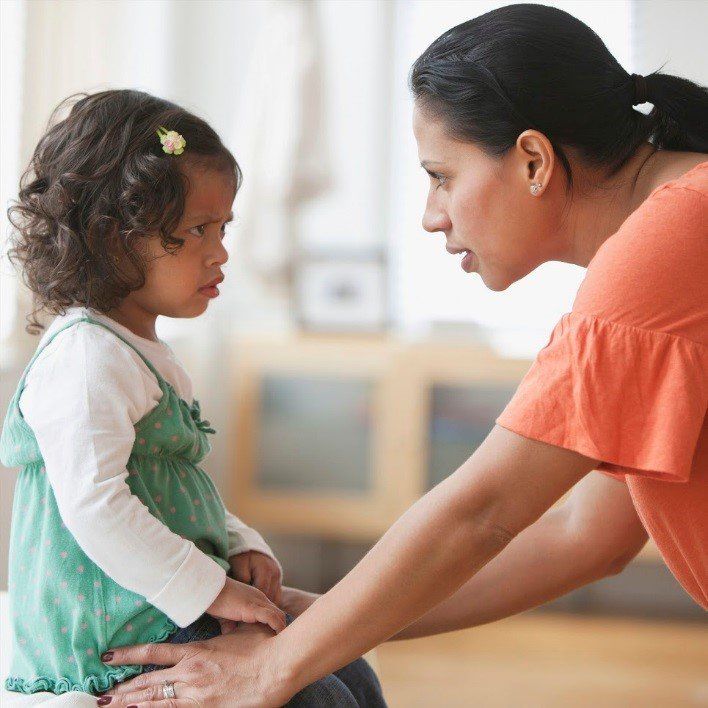 g. punishing or spanking) and may still get a “similar” outcome.
g. punishing or spanking) and may still get a “similar” outcome.
Differential susceptibility has shown us that children with different temperaments react to the quality of parenting differently.
Those who are more susceptible to parenting quality will have better outcomes under good parenting but worse outcomes under bad parenting.
Those who are less susceptible may “turn out fine” no matter how tough their parents treat them. But it doesn’t mean those practices are good. These children are simply lucky. They can thrive despite bad parenting, not because of it.
Why take a chance with sub-par parenting practices when you can use well-researched, better ones?
The importance of parenting cannot be underestimated. Taking science-based parental advice may not be the easiest way to parent. It may require more work on your part in the short term but can save you lots of time and agony in the long run.
Also See: What is the worst age to lose a parent
Final Thoughts On Parenting
The good thing is, that although parenting is hard, it is also very rewarding. The bad part is the rewards usually come much later than the hard work. But if we try our best now, we will eventually reap the rewards and have nothing to regret.
The bad part is the rewards usually come much later than the hard work. But if we try our best now, we will eventually reap the rewards and have nothing to regret.
To Happy Parenting!
Also See: Parenting Quotes
References
-
1.
Rizzolatti G, Craighero L. The mirror-neuron system. Annu Rev Neurosci. 2004;27:169-192. https://www.ncbi.nlm.nih.gov/pubmed/15217330.
-
2.
Landry S, Smith K, Swank P, Assel M, Vellet S. Does early responsive parenting have a special importance for children’s development or is consistency across early childhood necessary? Dev Psychol. 2001;37(3):387-403. https://www.ncbi.nlm.nih.gov/pubmed/11370914.
-
3.
Viero C, Shibuya I, Kitamura N, et al. REVIEW: Oxytocin: Crossing the Bridge between Basic Science and Pharmacotherapy. CNS Neuroscience & Therapeutics. July 2010:e138-e156.
 doi:10.1111/j.1755-5949.2010.00185.x
doi:10.1111/j.1755-5949.2010.00185.x -
4.
Bradley B, Davis TA, Wingo AP, Mercer KB, Ressler KJ. Family environment and adult resilience: contributions of positive parenting and the oxytocin receptor gene. European Journal of Psychotraumatology. September 2013:21659. doi:10.3402/ejpt.v4i0.21659
-
5.
Landry SH, Smith KE, Swank PR, Guttentag C. A responsive parenting intervention: The optimal timing across early childhood for impacting maternal behaviors and child outcomes. Developmental Psychology. 2008:1335-1353. doi:10.1037/a0013030
-
6.
Fishbane MD. Wired to connect: Neuroscience, relationships, and therapy. Family process. 2007;46(3):395-412.
-
7.
Siegel DJ. Mindful awareness, mindsight, and neural integration. The Humanistic Psychologist. 2009:137-158. doi:10.1080/08873260902892220
-
8.
Maternal depression and child development. Paediatr Child Health.
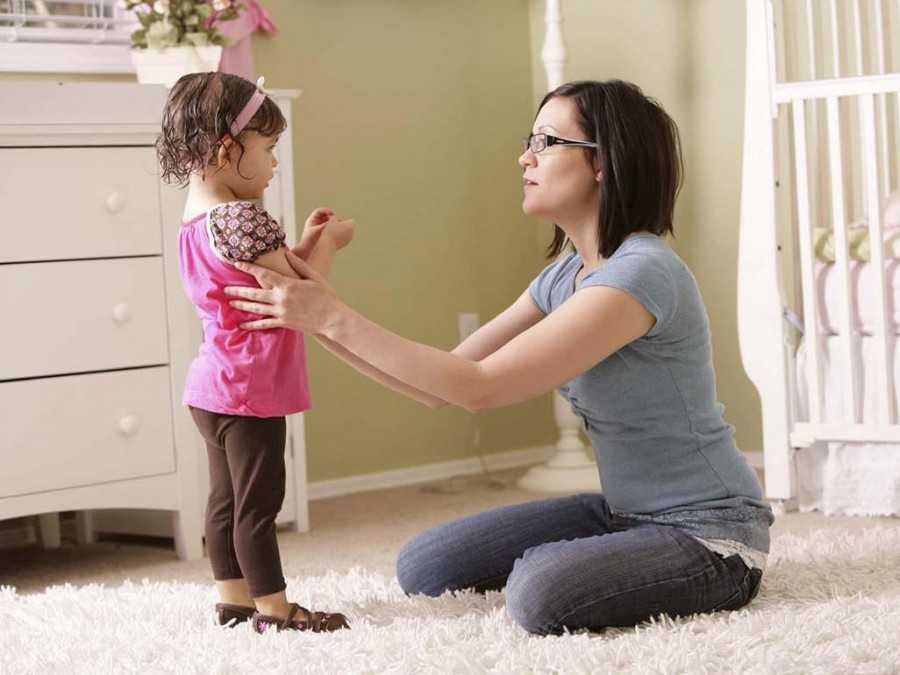 2004;9(8):575-598. https://www.ncbi.nlm.nih.gov/pubmed/19680490.
2004;9(8):575-598. https://www.ncbi.nlm.nih.gov/pubmed/19680490. -
9.
Gershoff ET. Corporal punishment by parents and associated child behaviors and experiences: A meta-analytic and theoretical review. Psychological Bulletin. 2002:539-579. doi:10.1037/0033-2909.128.4.539
-
10.
Gershoff E, Grogan-Kaylor A. Spanking and child outcomes: Old controversies and new meta-analyses. J Fam Psychol. 2016;30(4):453-469. https://www.ncbi.nlm.nih.gov/pubmed/27055181.
-
11.
Effective discipline for children. Paediatr Child Health. 2004;9(1):37-50. https://www.ncbi.nlm.nih.gov/pubmed/19654979.
7 Tips for Raising Caring Kids — Making Caring Common
4. Provide opportunities for children to practice caring and gratitude.
Why?
Children need practice caring for others and being grateful—it’s important for them to express appreciation for the many people who contribute to their lives. Studies show that people who engage in the habit of expressing gratitude are more likely to be helpful, generous, compassionate, and forgiving—and they’re also more likely to be happy and healthy.
Studies show that people who engage in the habit of expressing gratitude are more likely to be helpful, generous, compassionate, and forgiving—and they’re also more likely to be happy and healthy.
How?
Learning to be grateful and caring is in certain respects like learning to play a sport or an instrument. Daily repetition—whether it’s helping a friend with homework, pitching in around the house, having a classroom job, or routinely reflecting on what we appreciate about others—and increasing challenges make caring and gratitude second nature and develop children’s caregiving capacities. Hold family meetings that give children practice helping to solve family problems such as squabbles between siblings, hassles getting off to school, and making meals more pleasant. Although as parents and caretakers we always need to stand firmly behind key values such as caring and fairness, we can make our home democratic in key respects, asking our children to express their views while they listen to ours. Involving children in making plans to improve family life teaches perspective-taking and problem-solving skills and gives them an authentic responsibility: becoming co-creators of a happy family.
Involving children in making plans to improve family life teaches perspective-taking and problem-solving skills and gives them an authentic responsibility: becoming co-creators of a happy family.
TRY THIS
Real responsibilities. Expect children to routinely help, for example, with household chores and siblings, and only praise uncommon acts of kindness. When these kinds of routine actions are simply expected and not rewarded, they’re more likely to become ingrained in every day actions.
Make caring and justice a focus. Start conversations with children about the caring and uncaring acts they see in their daily lives or on television and about acts of justice and injustice they might witness or hear about in the news, such as a person who stood up for an important cause or an instance of sexism or racism. Ask children how they see these actions and explain why you think these actions are caring or uncaring, just or unjust.

Expressing thanks. Consider making expressing gratitude a daily ritual at dinnertime, bedtime, in the car, or on the subway. Encourage children to express appreciation for family members, teachers, or others who contribute to their lives.
Why?
Almost all children empathize with and care about a small circle of families and friends. Our challenge is help children learn to have empathy and care about someone outside that circle, such as a new child in class, someone who doesn’t speak their language, the school custodian, or someone who lives in a distant country.
How?
It is important that children learn to zoom in, listening closely and attending to those in their immediate circle, and to zoom out, taking in the big picture and considering the range of people they interact with every day. Children also need to consider how their decisions impact a community.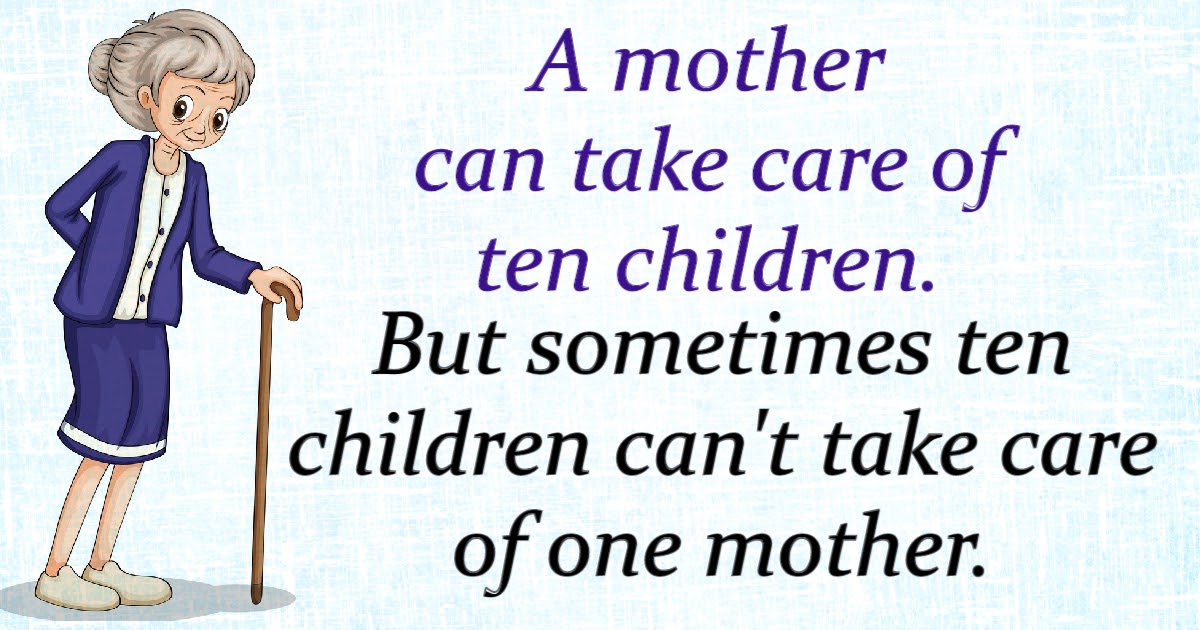 Breaking a school rule, for example, can make it easier for others to break rules. Especially in our more global world, it’s important, too, for children to develop concern for people who live in other cultures and communities.
Breaking a school rule, for example, can make it easier for others to break rules. Especially in our more global world, it’s important, too, for children to develop concern for people who live in other cultures and communities.
TRY THIS
Children facing challenges. Encourage children to consider the perspectives and feelings of those who may be vulnerable, such as a new child at school or a child experiencing some family trouble. Give children some simple ideas for taking action, like comforting a classmate who was teased or reaching out to a new student.
Zooming out. Use newspaper or TV stories to start conversations with children about other people’s hardships and challenges, or simply the different experiences of children in another country or community.
Listening. Emphasize with your child the importance of really listening to others, especially those people who may seem unfamiliar and who may be harder to immediately understand.

Why?
Children are naturally interested in ethical questions and grappling with these ethical questions can help them figure out, for example, what fairness is, what they owe others, and what to do when they have conflicting loyalties. Children are also often interested in taking leadership roles to improve their communities. They want to be forces for good. Many of the most impressive programs to build caring and respect and to stop bullying and cruelty, for example, have been started by children and youth.
How?
You can help children become ethical thinkers and leaders by listening to and helping them think through their own ethical dilemmas, such as, “Should I invite a new neighbor to my birthday party when my best friend doesn’t like her?” At the same time, you can provide opportunities for your children to fight injustice in their communities and to strengthen their communities in other ways.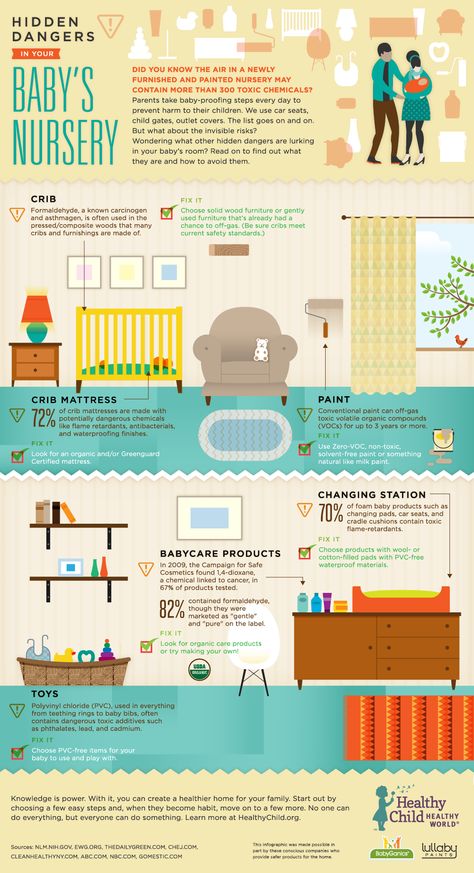
TRY THIS
Taking action. Encourage children to take action against problems that affect them, such as cyberbullying or an unsafe street corner.
Joining up. Provide opportunities for children to join causes, whether it’s reducing homelessness, supporting girls’ education in developing countries, calling attention to the plight of abused animals, or any area that is of interest to them.
Doing “with.” Encourage children not just to “do for” others but to “do with” others, working with diverse groups of students to respond to community problems.
Thinking out loud with your child. Start a conversation about ethical dilemmas that arise on TV shows or give children ethical dilemmas to grapple with at meal times or in other situations. What should they do when a schoolmate tells them bad things about another child? When they see someone cheating on a test or stealing? When they’ve done something wrong and are afraid to admit it to their parents or caretakers?
 Help children develop self-control and manage feelings effectively.
Help children develop self-control and manage feelings effectively.Why?
Often the ability to care for others is overwhelmed by anger, shame, envy, or other negative feelings.
How?
We can teach children that all feelings are ok, but some ways of dealing with them are not useful. Children need our help learning to cope with feelings in productive ways.
TRY THIS
Identifying feelings. Name for children their difficult feelings such as frustration, sadness and anger and encourage them to talk to you about why they’re feeling that way.
3 steps to self-control. A simple way to help children to manage their feelings is to practice three easy steps together: stop, take a deep breath through the nose and exhale through the mouth, and count to five. Try it when your child is calm. Then, when you see her getting upset, remind her about the steps and do them together.
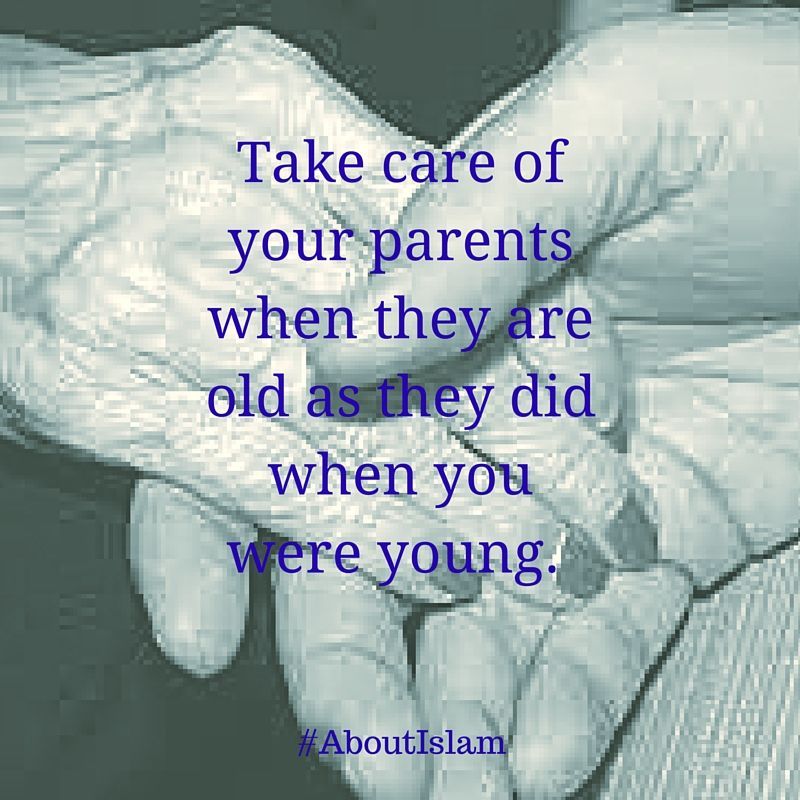
Resolving conflicts. Practice with your child how to resolve conflicts. Consider a conflict you or your child witnessed or experienced that turned out badly, and role play different ways of responding. Try to achieve mutual understanding—listening to and paraphrasing each other’s feelings until both people feel understood. If your child observes you experiencing a difficult feeling and is concerned, talk to your child about how you are handling it.
Clear limits. Use authority wisely to set clear boundaries. Explain how your limits are based on a reasonable and loving concern for your child’s welfare.
Raising a caring, respectful, ethical child is and always has been hard work. But it’s something all of us can do. And no work is more important or ultimately more rewarding.
EndorsersThe following have endorsed these tips: Ashoka, Career Training Concepts / H. E.A.R.–Helping Everyone Achieve Respect, Cartoon Network, Center for Character and Citizenship at the University of Missouri-St. Louis, Center for the 4th and 5th Rs, SUNY Cortland, Character Education Partnership (CEP), Deborah Temkin, Collaborative for Academic, Social, and Emotional Learning (CASEL), Committee for Children, Facing History and Ourselves, Great Schools, Greater Good Science Center, University of California, Berkeley, HopeLab, Jessica Berlinski, Adaptive Health Systems, Jubilee Center for Character and Virtues, Maurice J. Elias, Director, Social-Emotional Learning Lab, Rutgers University, Michele Borba, National Association of Independent Schools (NAIS), National School Climate Center, Peace First, PREVNet, The Random Acts of Kindness Foundation, YMCA of the USA.
E.A.R.–Helping Everyone Achieve Respect, Cartoon Network, Center for Character and Citizenship at the University of Missouri-St. Louis, Center for the 4th and 5th Rs, SUNY Cortland, Character Education Partnership (CEP), Deborah Temkin, Collaborative for Academic, Social, and Emotional Learning (CASEL), Committee for Children, Facing History and Ourselves, Great Schools, Greater Good Science Center, University of California, Berkeley, HopeLab, Jessica Berlinski, Adaptive Health Systems, Jubilee Center for Character and Virtues, Maurice J. Elias, Director, Social-Emotional Learning Lab, Rutgers University, Michele Borba, National Association of Independent Schools (NAIS), National School Climate Center, Peace First, PREVNet, The Random Acts of Kindness Foundation, YMCA of the USA.
Last reviewed November 2022.
A child is your most important project in life - Picture of the Day - Kommersant
One of the strongest human instincts is to leave the world the best extension of oneself. Children should be superior to their parents, just as students are superior to their teachers. These are the laws of development and evolution. Many famous and rich people at the end of their lives regretted only one thing - that they did not devote enough time and attention to their children. Dr. Gotthard Booth wrote: "Nothing is more satisfying than participating in processes that exceed the duration of your own life." And raising children is undoubtedly one of those processes.
Responsible parents strive to give their children the best opportunities for growth and development. However, sometimes visible costs do not bring tangible results. In the long run, this builds a wall between parents and children, with reproach on one side and guilt on the other. Let's figure out what distinguishes spending on children from investing in them?
Let's figure out what distinguishes spending on children from investing in them?
The desire to cherish and pamper your child is natural. However, these expenses should not exceed three main categories: education, physical development and the formation of healthy habits. This is what separates parents who invest in their children from those who simply spend.
- To create a favorable and comfortable environment
The environment shapes a person's consciousness and character, but the family always remains decisive. It is important that the parents themselves and their way of life correspond to the principles and values that they want to pass on to the younger generation. Children learn faster not with words, but with concrete examples. Role models of parents and teachers are their very first compass in life.
- Teach to learn
It is not only about theoretical knowledge in the classical understanding of the concept of "education". We are talking about practical skills, the ability to use the acquired knowledge as a tool to achieve your goals. The task of a good school is to teach children how to learn and transform theory into something more than just a set of rules and exercises. Only then will knowledge acquire its physical form and become part of the child's adult life.
We are talking about practical skills, the ability to use the acquired knowledge as a tool to achieve your goals. The task of a good school is to teach children how to learn and transform theory into something more than just a set of rules and exercises. Only then will knowledge acquire its physical form and become part of the child's adult life.
- Sports and character
In childhood, the foundation of character and willpower, the ability to take one’s place in life with dignity, is laid. Sport teaches competition and teamwork. All these qualities are formed in regular sports training and competitions.
- Develop healthy habits
The ability to take care of oneself and one's health determines the course of development of a person's whole life. The habit of eating right, sticking to the daily routine and training forms awareness. Such a child will grow into an adult who can take care of himself and his parents, and will also pass this skill on to children.
Despite their best efforts, successful working parents find it difficult to build an optimal lifestyle for their children. More than one generation of children has grown up, brought up in the back seat of a car in Moscow traffic jams. Travel time between school, home and sports sections adds up to whole months that have gone nowhere. What happens if you remove the distance factor from this equation in order to enjoy communication with a child or taking care of yourself in the freed up time?
The owners of Vnukovo Country Club created the project based on these undeniable theses. This is the place where they took care of creating all the conditions for the well-being and health of the family. In the closed protected area of the club village there is an international school Vnukovo International School, where the most progressive Western methods and experience of the best Russian and foreign projects are used, a multifunctional sports complex Vnukovo Sport Club with a tennis club, a school of gymnastics and acrobatics, a martial arts club, a fitness club, a dance studio and a team games section, a VESNA family restaurant, a SPA center and a beauty salon, a shopping center with a premium-class supermarket, a wine shop, a cafe, a farm products store and a pharmacy, a landscaped park with picnic gazebos, lounge areas, children's and sports grounds. Residents have privileges to use the infrastructure of the village, for them there is a system of discounts from 30% to 50%. In addition, Vnukovo Country Club residents do not need to think about how to properly organize their home life, a system of services has been established here, such as valet parking, room service, cleaning, car washing, and dry cleaning. They allow you not to waste time on the routine and devote it to the family.
Residents have privileges to use the infrastructure of the village, for them there is a system of discounts from 30% to 50%. In addition, Vnukovo Country Club residents do not need to think about how to properly organize their home life, a system of services has been established here, such as valet parking, room service, cleaning, car washing, and dry cleaning. They allow you not to waste time on the routine and devote it to the family.
Japanese politician Zenko Suzuki once said, “Give a man a fish and you feed him for a day; teach him to fish, and he will be fed all his life.” Raising children can take a lot of time, resources and energy now, but it provides an unparalleled return in the future. As parents, we always say that our children are our greatest reward. Why shouldn't they be our best investment?
Too much care: what is overprotection
The current generation of teenagers is fundamentally different from their parents. Let's remember our school years: moms and dads worked, came late, their strength was barely enough to find out if the lessons were ready. And we led our own lives: we went out with friends, ran to clubs and dates, did homework without outside help and prepared for tests.
And we led our own lives: we went out with friends, ran to clubs and dates, did homework without outside help and prepared for tests.
Much has changed now. Not every parent will let a child go to a circle alone, and this circle can be located on the other side of the city. Parents strive to give their child everything possible, and many teenagers have less and less free time. Many mothers do not work, devoting themselves entirely to the family.
And in this new reality, a new, previously little-known problem appeared - overprotection.
What is overprotection?
Family upbringing can be described using various characteristics: how many demands are placed on a child, how he is encouraged or punished, what he is allowed or forbidden to do. One of these characteristics is the level of care. It shows how much effort, attention, time the parents devote to the child. Well-known experts in the field of family relations E. Eidemiller and V. Justickis call such a parenting style that has developed in the family, in which children are given a lot of time, effort and attention, caring for children becomes the main thing in the life of parents. In reality, this manifests itself in the fact that parents help their son or daughter too much.
In reality, this manifests itself in the fact that parents help their son or daughter too much.
Of course, any child needs help and care from mom and dad, and not every hint or reminder is a manifestation of overprotection. Caring becomes superfluous when the parents do for the child what he may well learn to do for himself, or when, as a result of this help, the child feels weak and worthless. You can often find the conventional wisdom that the exclusive attention of parents is necessary for successful development. This is true if we are talking about babies up to a year old. After this age, the balance of independence and parental care is important for the child, and every year of his life this balance changes: independence should become more and more.
Two types of overprotection
In psychology, there are two types of overprotection. The first kind is called indulgent . In this case, parents do not just do a lot of work on the child, they do it in an exceptionally mild form, trying to limit the teenager as little as possible. The needs of the child become the most important, mom and dad are ready to sacrifice their interests for the sake of him. In addition, as a rule, with condoning overprotection, almost nothing is forbidden to the child. In extreme versions of this type of overprotection, the mother of an eighth-grader can call her son's class teacher and ask him to check that his son has eaten, and the graduate's grandmother refuses to go to the hospital in order to be able to accompany her granddaughter to school.
The needs of the child become the most important, mom and dad are ready to sacrifice their interests for the sake of him. In addition, as a rule, with condoning overprotection, almost nothing is forbidden to the child. In extreme versions of this type of overprotection, the mother of an eighth-grader can call her son's class teacher and ask him to check that his son has eaten, and the graduate's grandmother refuses to go to the hospital in order to be able to accompany her granddaughter to school.
In the second type of overprotection - dominant - parents not only help the child too much, but also constantly control him. Mom or dad constantly command the teenager, demand or forbid something, as a rule, without being interested in the opinion of the child himself and not allowing him to take the initiative. Often this is accompanied by negative comments about the child. Here is a typical example. Mom and daughter of thirteen years old came to visit, the hostess asks the girl: “What salad do you want to put?”. Mom intervenes before her daughter can say a word: “That one over there, without mayonnaise, and so she has already gained weight over the summer.”
Mom intervenes before her daughter can say a word: “That one over there, without mayonnaise, and so she has already gained weight over the summer.”
We emphasize that in the second form of overprotection, remarks are not necessarily made in a rude or disrespectful manner. Notations, explanations, persistent reminders are also its manifestations. Many parents will say: “I wouldn’t take care of him like that if he was independent and remembered everything himself.” However, independence and self-organization are formed gradually, they will not appear from nowhere at a certain age. When the children were small and learning to walk, at first they needed our help, we led them by the hand. Gradually they learned to walk on their own. The same thing happens with independence: it develops in stages, parents gradually complicate what they entrust to the child. But if you do everything for the child and help him too much, there is nowhere to take independence from. There is a kind of vicious circle: overprotection prevents the child from becoming independent and we continue to patronize him.
Why does overprotection occur?
When a child is still very young, parents do almost everything for him: feed, dress, play with him. Gradually, the baby's abilities grow: he learns to walk, dress himself, he can already play by himself. Every year, he needs less and less help from adults, and the task of parents is to adapt to a new level of development of the child, reducing the number of guardianships. But it is not always possible to rebuild - and then the parents continue to take care of the child as actively, help, suggest.
There may be various reasons for this. Some strive to give their children what they themselves did not receive: for example, the grandmother worked and hardly delved into the lives of her children, who grew up, became parents themselves and are now ready to spend round the clock next to their child. Events in the life of the family can also affect: if at some stage the parents were very worried about the child (say, he was seriously ill or had an accident with him), if the child was hard to get (say, was born after a long treatment or IVF).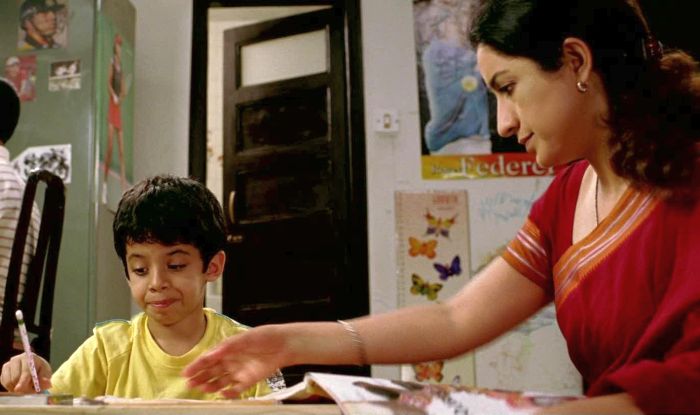 The personal characteristics of the parents also affect: the mother-boss, who is accustomed to lead her subordinates, often controls the children just as strictly.
The personal characteristics of the parents also affect: the mother-boss, who is accustomed to lead her subordinates, often controls the children just as strictly.
Finally, parents and grandparents want to feel needed and in demand. Overprotection often becomes an opportunity to feel needed for the family. This is especially common in cases where family care becomes the main area of implementation: a non-working mother or a retired grandmother is more likely to become overprotective. I'll give you an example. There were many conflicts in the family between the grandmother and the fourteen-year-old grandson: the boy insisted that he could do many things himself (and his parents were ready to give him such an opportunity), and his grandmother tried to help him. Finally, when, nevertheless, mom and dad decided to give their son more independence in some areas, the grandmother was indignant: “Well, if you don’t need me at all, you can send me to a nursing home.”
In some cases it can be helpful for parents to understand what leads to overprotection.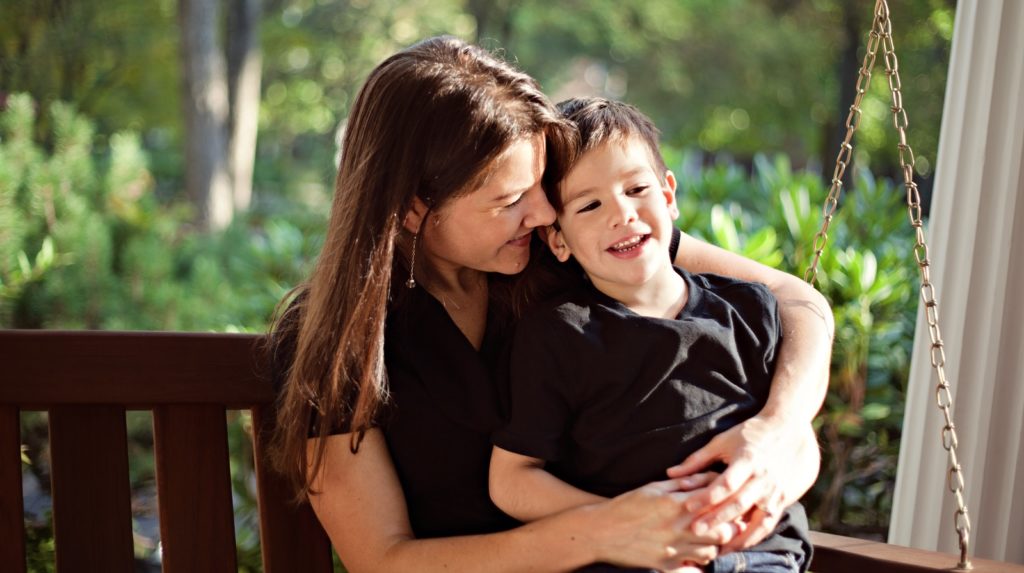 This is the first step towards getting rid of it. But the class teacher needs to carefully consider whether it is worth raising this issue himself or whether it is better to invite the parent to talk with a psychologist. A conversation about the roots of overprotection can be quite painful for a parent.
This is the first step towards getting rid of it. But the class teacher needs to carefully consider whether it is worth raising this issue himself or whether it is better to invite the parent to talk with a psychologist. A conversation about the roots of overprotection can be quite painful for a parent.
How does overprotection prevent a child?
Let's ask ourselves simple questions: why do you need to raise a child at all and what is the main goal of parenthood? You can answer them in different ways, but the main thing will be present in all answers: we want to prepare children for life so that they can be successful and happy in the society in which they will live. And for this, a teenager needs a sense of self-confidence, the ability to take the initiative, cope with difficulties and comply with the rules and norms existing in society.
An overprotective child finds it difficult to learn to be independent and self-sufficient because of so much care. In both types of overprotectiveness, adolescents may have self-esteem issues.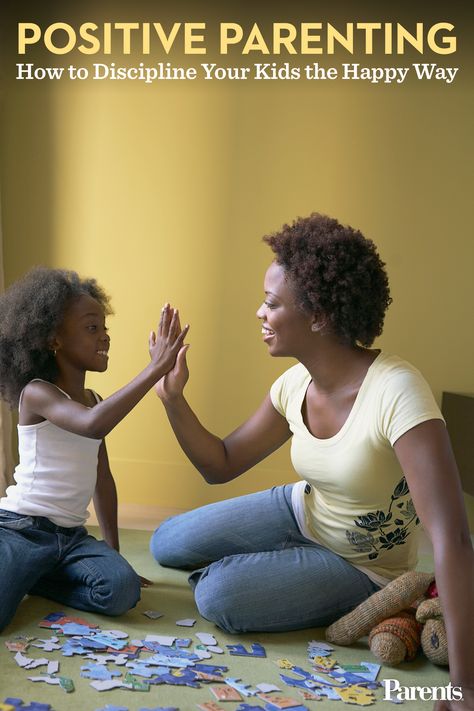 In the indulgent version, self-esteem is usually very high, but extremely unstable, and children find it difficult to cope with failure. Overprotective mothers often notice that their children react very violently to the slightest failure. And no wonder: the child is used to being indulged in everything and he is always in the first place.
In the indulgent version, self-esteem is usually very high, but extremely unstable, and children find it difficult to cope with failure. Overprotective mothers often notice that their children react very violently to the slightest failure. And no wonder: the child is used to being indulged in everything and he is always in the first place.
In the second type, we often observe low self-esteem. The child grows up driven and insecure, because the mother always knows better, he is used to the fact that his opinion is not taken into account, and cannot insist on it.
Of course, all children are different, and they will react differently to overprotection: some teenagers will begin to actively protest when they reach adolescence, while others will finally take a passive position and rely on their elders for everything. But in any case, the consequences will be negative.
How do you know if you are overprotective?
To begin with, try to honestly answer the following questions for yourself:
— Can I say that raising a child has become for me the main thing in my life?
- Do I regularly forget about my interests in order to take care of a child?
— What part of my day is taken up by the time I spend with my child?
— Did I give up something very important to me for the sake of the child? (Naturally, we are not talking about one-time actions, but about sustainable trends).
If you readily agree to these questions, most likely, some elements of overprotection take place.
Observe how you communicate with your child.
— How do you help him?
- How do you comment on what the child is doing?
— Do you give him the opportunity to take the initiative?
— Is it possible to say that the peers of your child do for themselves what you do for him?
In a number of cases, it is difficult for us to be critical of our behavior. If you find it difficult to assess your own behavior or doubt the correctness of your conclusions, you can always seek advice from a family or adolescent psychologist.
What should overprotective parents do?
The obvious answer is to reduce the amount of care and assistance to the child. This is not easy to do, but it is possible, although it will require significant self-organization on the part of the parent.
Giving up overprotectiveness does not mean that you need to let the situation take its course and give the teenager complete freedom. He does not need this, and he is not ready for such freedom. It is important to turn overprotection into effective help for a teenager. To do this, first of all, teach your teenager to ask for help. No need to rush to the aid of the child as soon as he encounters difficulties. Wait for the teenager to think and try to cope with the difficulty that has arisen, and only then ask: “Do you need my help?” If the child agrees, then specify: “How exactly can I help you?”. If the child is at a loss with an answer, offer options to choose from: “Do you need to explain the problem or just sit next to you?”. If he refused, you don’t need to dissuade him that he can’t do it himself, it’s better to say: “Good. I'll be back in half an hour." And if after half an hour he still hasn’t done it, only here you can say: “I see that this is not an easy task. Let's try together."
He does not need this, and he is not ready for such freedom. It is important to turn overprotection into effective help for a teenager. To do this, first of all, teach your teenager to ask for help. No need to rush to the aid of the child as soon as he encounters difficulties. Wait for the teenager to think and try to cope with the difficulty that has arisen, and only then ask: “Do you need my help?” If the child agrees, then specify: “How exactly can I help you?”. If the child is at a loss with an answer, offer options to choose from: “Do you need to explain the problem or just sit next to you?”. If he refused, you don’t need to dissuade him that he can’t do it himself, it’s better to say: “Good. I'll be back in half an hour." And if after half an hour he still hasn’t done it, only here you can say: “I see that this is not an easy task. Let's try together."
Together with your teenager, consider in which area you could stop helping him. It is enough to choose one thing, albeit insignificant: brushing your teeth, biology lessons, getting ready for the pool. It is best if it is some business that he himself likes and in which you are really ready not to interfere. Emphasize that he is now doing this himself. Praise him periodically for doing it himself. After a while, it makes sense to expand this list and add something else there. If a teenager forgets about this, it should be his own problem: he didn’t go to the pool - he didn’t go swimming. Therefore, you need to choose exactly such cases that you are ready to completely give him at his mercy.
It is best if it is some business that he himself likes and in which you are really ready not to interfere. Emphasize that he is now doing this himself. Praise him periodically for doing it himself. After a while, it makes sense to expand this list and add something else there. If a teenager forgets about this, it should be his own problem: he didn’t go to the pool - he didn’t go swimming. Therefore, you need to choose exactly such cases that you are ready to completely give him at his mercy.
If you are prone to the first type of overprotectiveness, it is very important to expand your horizons and scope of interests. Think: what else could you do? You don't have to go to work at all. Perhaps you have some kind of hobby, you have long wanted to learn a foreign language or dance. Or maybe at the school where your teenager is studying, you will be happy to meet in the parent committee.
If a teenager comes to you for advice or a question about a difficult situation, take your time to answer. First ask the child what he thinks about this. Or offer several options to choose from and ask the child what seems optimal. At the same time, refrain from criticism or notations.
First ask the child what he thinks about this. Or offer several options to choose from and ask the child what seems optimal. At the same time, refrain from criticism or notations.
If you are prone to the second type of overprotectiveness, it is important to learn how to let your teenager take the initiative. Ask him for his opinion on certain issues, offer him a choice of several options, whether it's breakfast dishes or the color of sneakers. But if you give a child a choice, in no case should you dissuade him or show that he has chosen incorrectly. It is better not to give a choice at all than to ask: “What do you choose?” and then do it anyway.
If you observe overprotection on the part of one of the family members (for example, grandmother), try to find a new job for this person, thanks to which he will feel needed and in demand.
And most importantly, it is important to remember that giving up overprotection is a manifestation of love for a child. By reducing our care, stopping helping him when he does not need it, we give him the opportunity to believe in himself, to become more independent and mature.





